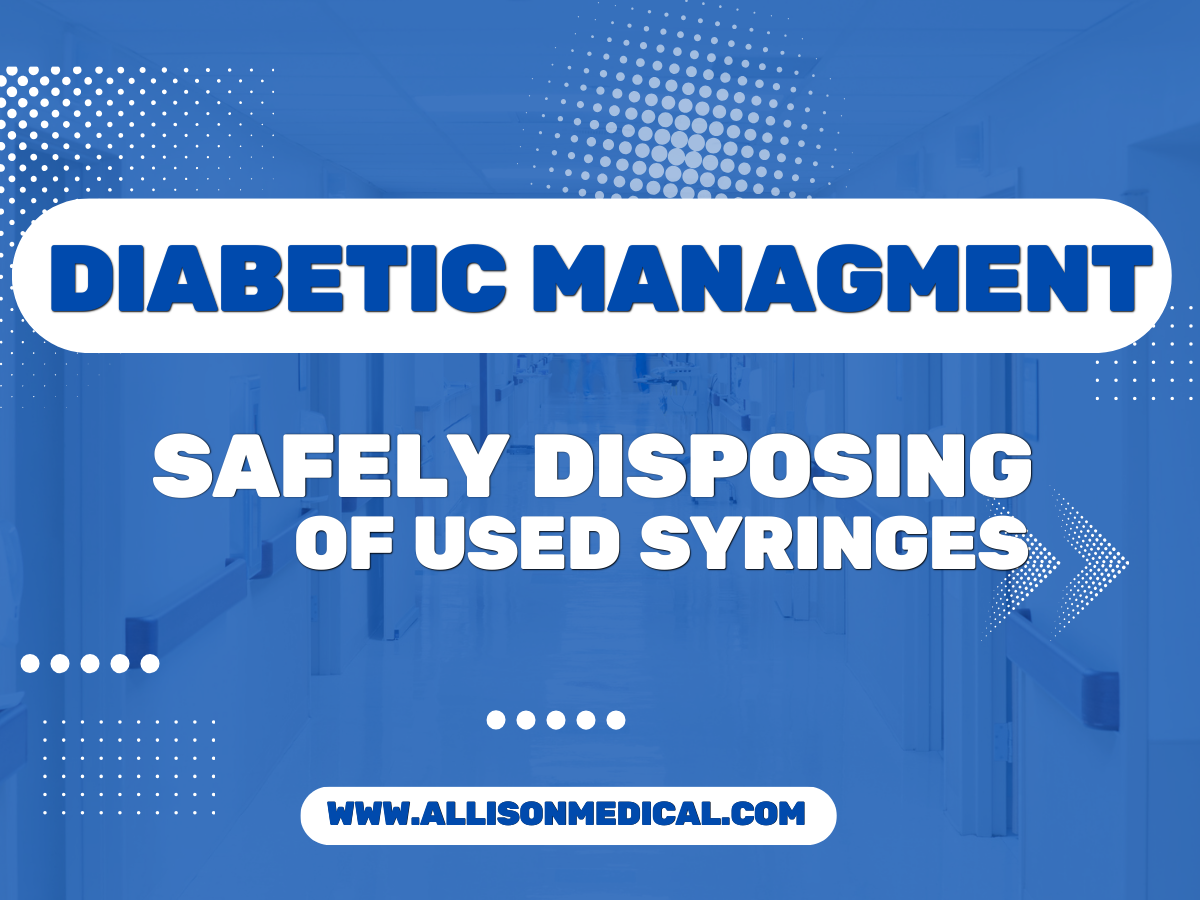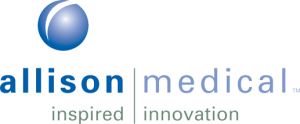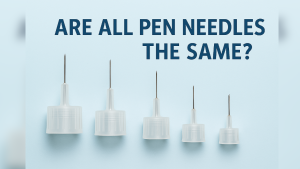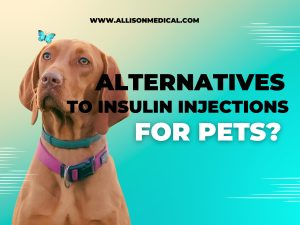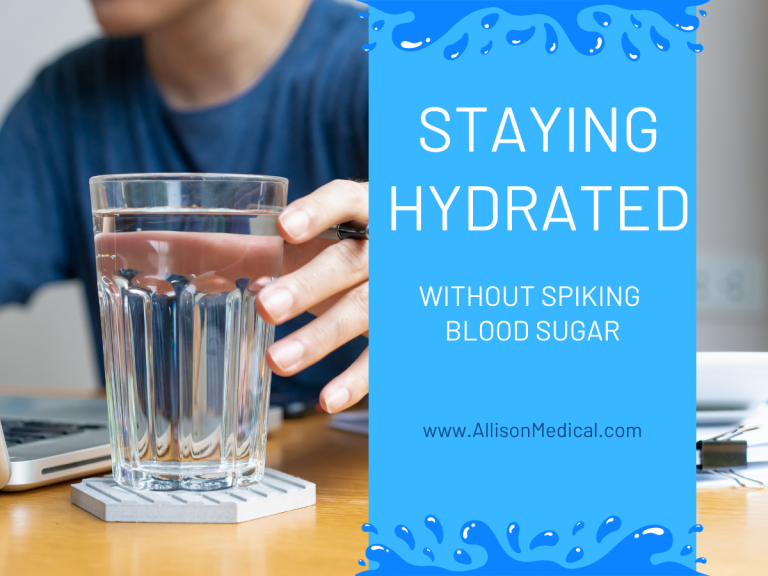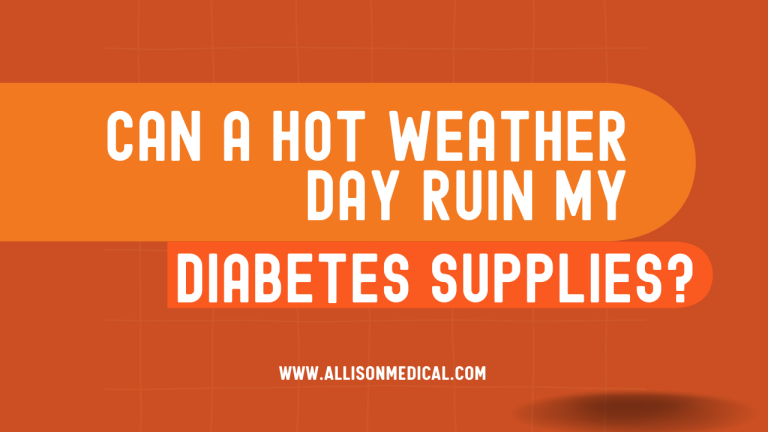Be sure to talk to your healthcare professional before making any treatment changes.
Introduction:
Proper disposal of used syringes is a critical aspect of diabetes management, ensuring the safety of individuals with diabetes, their caregivers, and the broader community. Responsible needle disposal helps prevent accidental injuries, reduces the risk of infection, and contributes to environmental protection. In this blog, we’ll delve into the importance of safe syringe disposal and provide practical tips for individuals managing diabetes.
The Importance of Safe Syringe Disposal:
1. Preventing Accidental Injuries:
Accidental needlestick injuries pose a significant risk, exposing individuals and healthcare professionals to potential infections such as HIV and hepatitis. Proper disposal reduces the likelihood of needle-related injuries and protects both the person with diabetes and those who may come into contact with used syringes.
2. Reducing Environmental Impact:
Discarding syringes irresponsibly can lead to environmental contamination. Needles and syringes are considered medical waste, and improper disposal can result in soil and water pollution. By following safe disposal practices, we contribute to environmental preservation and public health.
Practical Tips for Safe Syringe Disposal:
1. Use a Sharps Container:
The most effective way to dispose of used syringes is by using a sharps container. These containers are designed to be puncture-resistant, preventing accidental needlestick injuries. Ensure the container is tightly sealed and keep it out of reach of children.
2. Do Not Recycle:
Used syringes and needles should never be recycled. Recycling facilities are not equipped to handle medical waste, and improper disposal in recycling bins can endanger waste management workers.
3. Check Local Regulations:
Different regions may have specific guidelines for medical waste disposal. Check with local health departments or waste management authorities to understand the regulations in your area. Some areas provide community drop-off locations for safe needle disposal.
4. Dispose of as a Unit:
It’s crucial to keep the syringe and needle as a single unit when disposing of them. Avoid separating the needle from the syringe, as this minimizes the risk of injury during disposal.
5. Mail-Back Programs:
Some areas offer mail-back programs that allow individuals to send used syringes to a designated disposal facility. Check with local pharmacies or healthcare providers to inquire about such programs.
Conclusion:
Proper disposal of used syringes is an integral part of diabetes management, promoting the well-being of individuals with diabetes and the community at large. By following safe disposal practices, we can prevent accidental injuries, reduce environmental impact, and contribute to the overall safety of our surroundings.
Remember, always consult local guidelines and regulations to ensure compliance with specific disposal protocols in your area. Together, we can create a safer and healthier environment for everyone.
Sources:
1. Centers for Disease Control and Prevention (CDC). Safe Community Needle Disposal. [Link](https://www.cdc.gov/sharpssafety/community/index.html)
2. U.S. Food and Drug Administration (FDA). How to Safely Dispose of Used Sharps. [Link](https://www.fda.gov/consumers/consumer-updates/how-safely-dispose-used-sharps-needles-and-syringes-home-work-travel-or-school)

